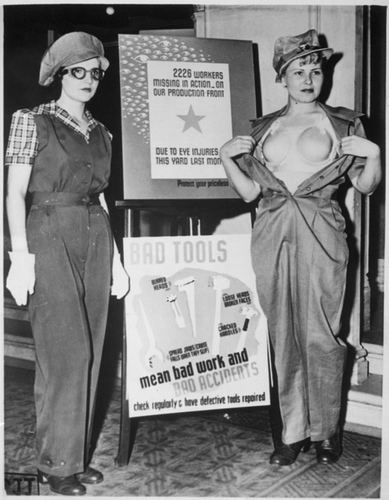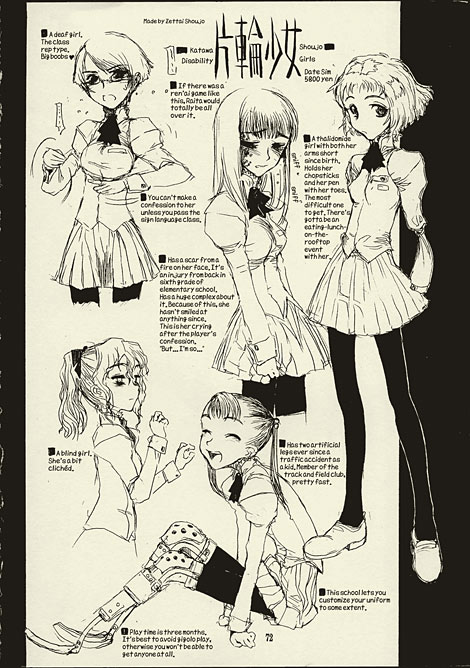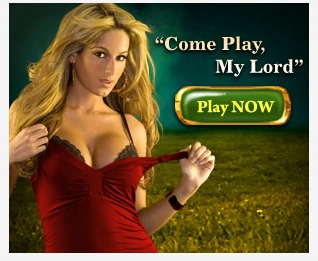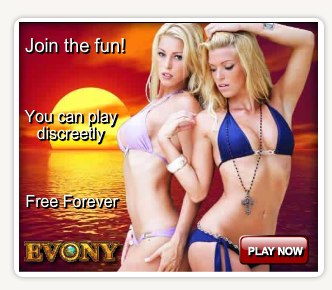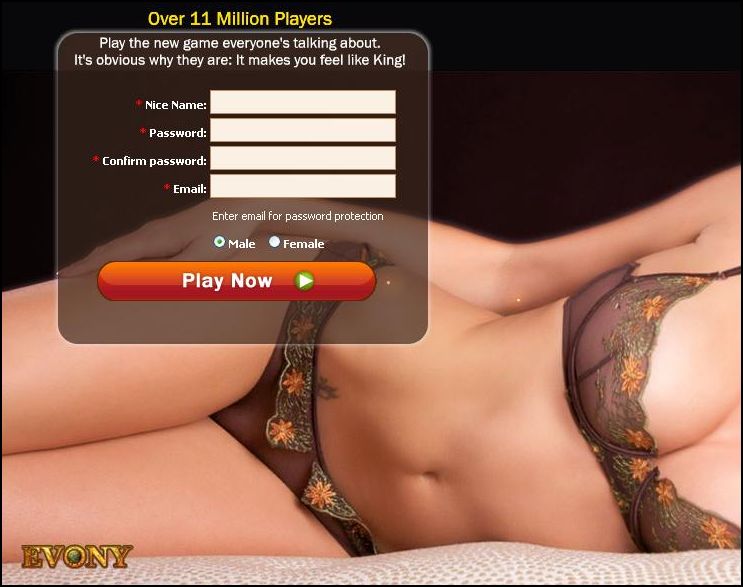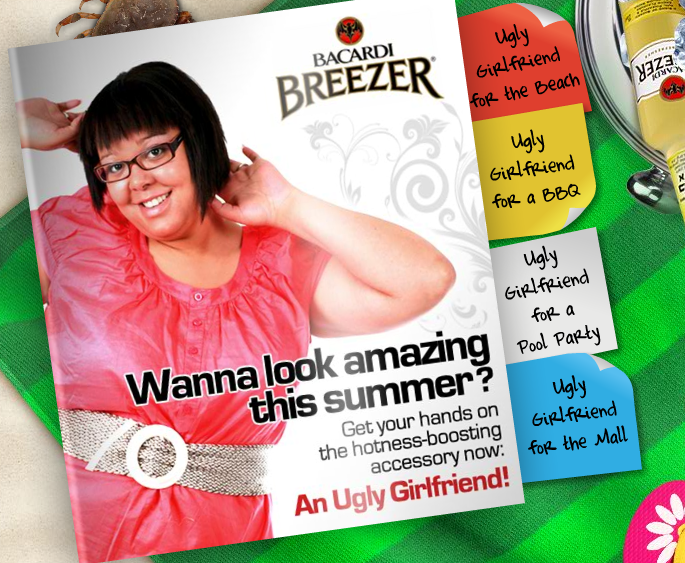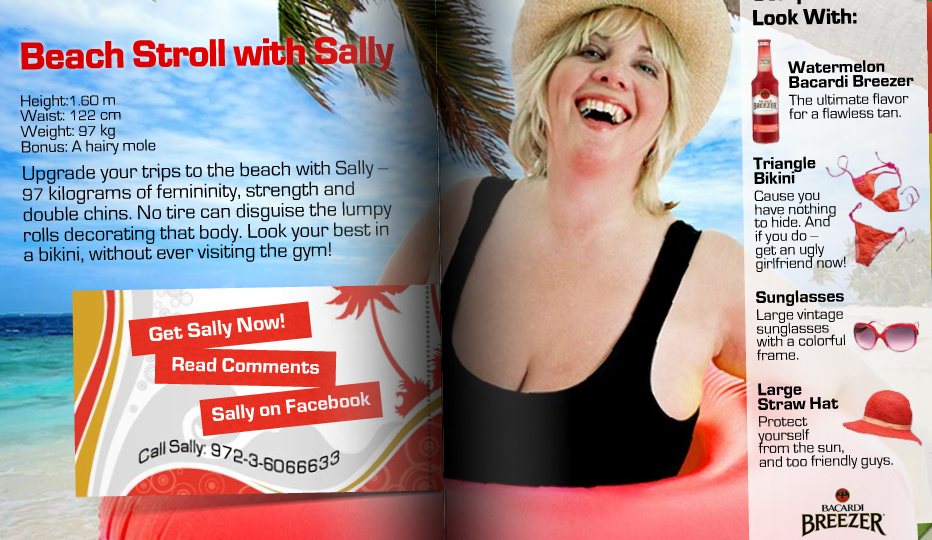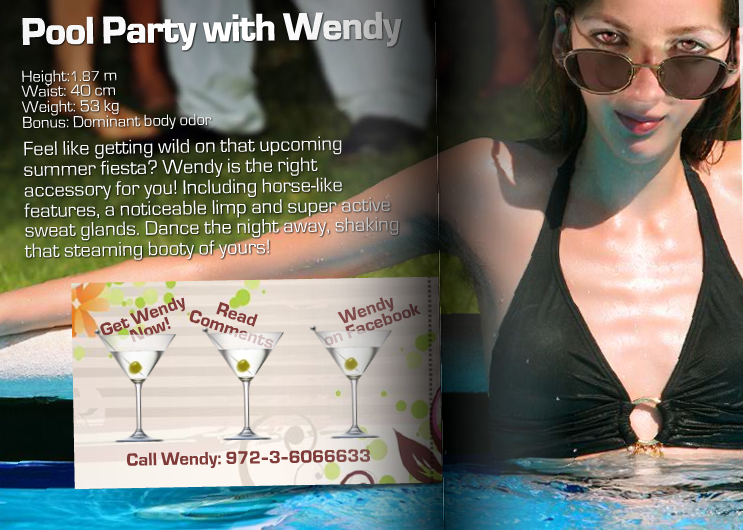
Elizabeth H. sent in the trailer for the movie Precious (based on the novel Push), which should be released later this year:
As Elizabeth says,
It seems to reinforce…negative associations [of] underclass or working class African-Americans: poor education, single motherhood, teenage pregnancy, abuse, child obesity, etc.
The trailer brings up some interesting issues about skin color as well. Precious’s desire for a light-skinned boyfriend highlights the emphasis placed on skin color as a measure of attractiveness: a light-skinned boyfriend would indicate her own success in the world, just as fame and wealth would. Elizabeth points out that all the “good” adult characters are light-skinned (and thin) as well.
Also see our posts on kids’ perceptions of skin color and attractiveness, an ad for skin lightener, a club letting light-skinned girls in for free, Malaysian anti-racism parody of skin lightening cream ad, and an ad that shows darker skin as more exciting.

